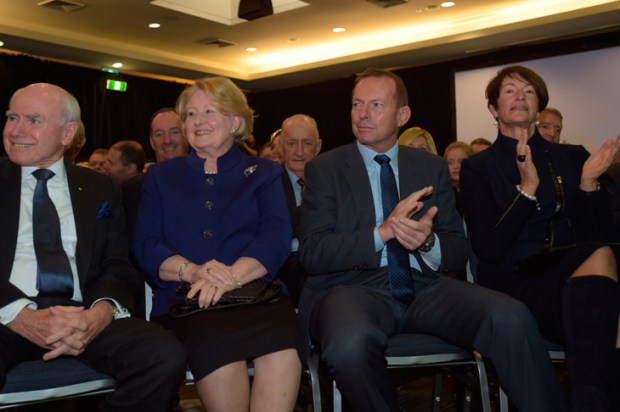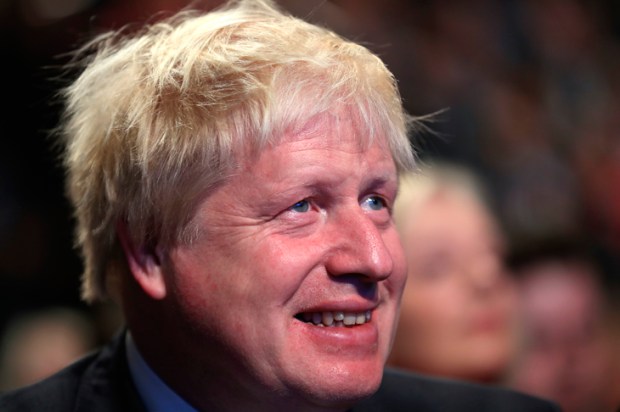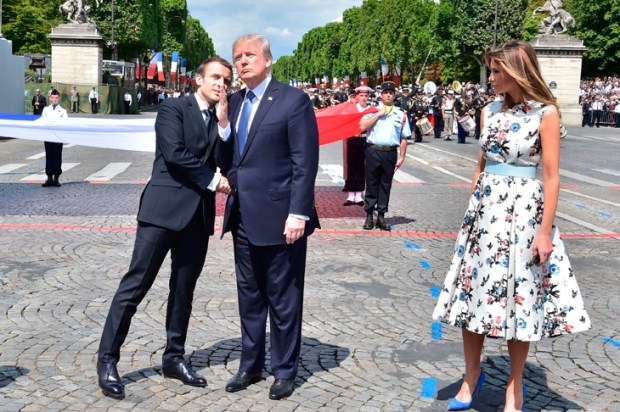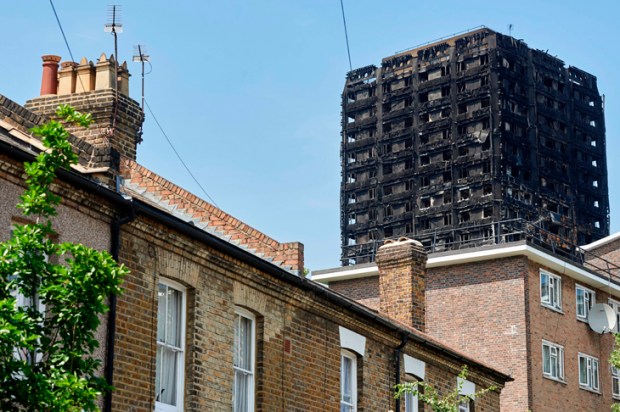The WHO is a closed shop
‘I for my part am convinced that the day will come when international health law will contain rules at eliminating drunkenness, alcoholism and tobacco use.’ Prof V.S. Mihajlov of the former Union of Soviet Socialist Republics was the author of the quote. He was a key proponent of the World Health Organization Framework Convention on Tobacco Control (Convention).
Just imagine that – a day when drunkenness, alcoholism and smoking are eliminated. Such a Soviet concept, eliminating problems. Like the old saying, ‘two Russians with a problem. One Russian, no problem.’ Russians are very good at eliminating problems by eliminating people. Which is about the only way the World Health Organization would succeed in its forlorn hope to change the world by changing people. In effect, by making them non-people.
The Convention has a touch of the Soviets about it. A doggedness that wishes to eliminate problems, but in the end just wishing that problem people would disappear.
One billion smokers by 2025
The WHO estimates that by 2025 there will be one billion smokers in the world. So what are they going to do about it? They are going to ignore the evidence that alternative products such as e-cigarettes, in all likelihood, will be less harmful to smokers than smoking cigarettes. The WHO shoots for the impossible goal of elimination at the expense of a parallel goal, reduced harm. They regard smoking as a sin, they regard its elimination as a moral crusade. They reject the harm reduction path because they are obsessed about making smokers stop. Trouble is, millions choose not to. Damn it, they refuse to be eliminated. And, no government has banned cigarette smoking. Bhutan is held out as the country that has, banning the import of tobacco other than for personal use. But, even there, while only three per cent of Bhutan’s smoke, more than 40 per cent chew tobacco or Betel quid!
Throw Open The Doors
Last week nominations closed for the next Director-General of WHO. (Rumour has it that Kevin Rudd has nominated under a pseudonym, Dr Heath Warning.) The new D-G will take up the post in the New Year. They may like to read my modest contribution to the future of the tobacco Convention.
The report, Throw Open The Doors, published by the Australian Institute for Progress (aip.asn.au), raises a host of serious issues for the Convention, which was formed in 2005 – and signed by 180 countries – to coordinate a global response to the extensive health problems caused by smoking.
The evidence presented is that the Convention has become a dogmatic ‘closed shop’, shunning advice and debate it does not want to hear. Ironically, by doing this, WHO does not have the expertise and resources to deal with the two biggest challenges it faces: finding a path to reduced risk product alternatives to smoking cigarettes, and tackling the intractable issue of illicit trading, which is caused by high and/or inconsistent taxation across borders, poor regulation, and poor policing.
The Convention meets every two years, and the next, ‘COP7’, takes place in New Delhi in November. Once again, WHO seems intent on running the Convention as a closed shop. During the past two Conventions, WHO has excluded from the Convention the media, customs and excise, tobacco farmers, taxation experts and even Interpol.
The Convention has become the sole province of health ministers, WHO officials, and insider NGOs. The Convention will not permit any discussion or presentation on any matter by tobacco farmers, tobacco companies, e-cigarette manufacturers, regulators, consumers, or anyone who has alternative views on reducing the harm caused by cigarettes.
Astonishingly, WHO is hostile to e-cigarettes (now smoked by 2.5 million people in the UK) and described by Public Health England and the Royal College of Physicians as 95 per cent less harmful than conventional cigarettes.
Dissenting voices
As Clive Bates, former Director of Action on Smoking & Health and an ardent anti-tobacco campaigner said: ‘One wonders about the integrity of a process that is so fragile it cannot tolerate dissenting voices.’ Closed doors are not the norm for UN debate. In November 2015, for instance, the UN welcomed world leaders, 3,000 journalists, a whole range of external stakeholders, and the public, including skeptics, to the Paris Climate Change Conference.
In the run-up to the November COP7 meeting in India, WHO seems intent on suppressing genuine debate about the swiftest path to harm reduction. This is dangerous folly. On the issue of illicit trade in tobacco, WHO has been guilty of committing self-inflicted wounds. In 2012, at the COP5 in South Korea, WHO excluded Interpol – the world’s preeminent authority on organised crime, illicit trade, and money laundering – on the grounds it had worked with the tobacco industry.
How can WHO hope to combat the massive international illicit trade without working with, and actively involving, Interpol? Illicit trade in cigarettes is a huge worldwide problem and estimated to be costing governments over $30 billion per year in lost tax revenue.
WHO should not continue to be so Soviet in its methods. It should not dogmatically resist the evidence that e-cigarettes can play a major part in reducing harm. For the sake of smokers worldwide, the new D-G must embrace this progressive agenda and throw open its doors to all interested parties. In my experience of government, the best policy outcomes demand openness.
The post Consider This appeared first on The Spectator.
Got something to add? Join the discussion and comment below.
Get 10 issues for just $10
Subscribe to The Spectator Australia today for the next 10 magazine issues, plus full online access, for just $10.
You might disagree with half of it, but you’ll enjoy reading all of it. Try your first month for free, then just $2 a week for the remainder of your first year.














Comments
Don't miss out
Join the conversation with other Spectator Australia readers. Subscribe to leave a comment.
SUBSCRIBEAlready a subscriber? Log in